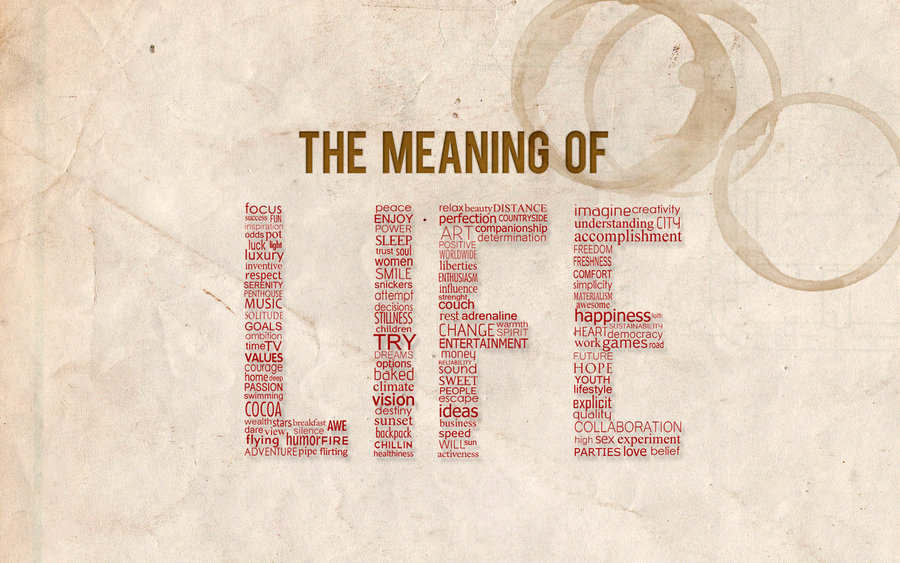Mankind has questioned the meaning of life since the dawn of time, and today, there can be a number of different answers relating to religion, science or attitude to life.
We may all have wondered to ourselves what is the meaning of life may be, especially during times we’ve felt lost, afraid, saddened or scared about the prospects of the future. It’s the sort of question that keeps us up at night or pops into our minds during long or tedious tasks. The question may also present itself after the death of a loved one, in the hope some clarity on the matter will bring us peace and acceptance. Of course, it is only natural for humans to look for answers to these theories, as philosophy is, and always has been, a key aspect of intellectual development.

The philosopher Jean Paul Sartre wrote of God in his essay, ‘Existentialism’, suggesting that “if God does not exist, we find no values of commands to turn to which legitimize our conduct. So, in the bright realm of values, we have no excuse behind us, nor justification before us”. This view suggests that the value of human life lies in allegiance to a God or deity, and that if such a higher power does not exist, life can only be given a meaning that has been determined by mortals.
However, some issues lie with this theory. The existence of God should not necessarily label our lives meaningful or not, either way. While religious believers are quick to express their theory that suffering in life is ‘a part of God’s plan’, can that truly provide solace to those who have suffered or make up for lives spent in pain, struggle or fear?
Furthermore, values are subjective and may be construed differently by each of us. Plato proposed over 2,500 years ago that we must see each value as good in order to attribute it to God’s will, despite the possibility of alternate ideas.
This theory also disregards atheists, who are now the third largest group relating to religious orientation or affiliation. The meaning of life, therefore, must be deeper than a simple belief. Instead, the values we share that bring us together are more likely to create a sense of meaning or purpose, such as family, friendship and a sense of self-improvement and worth. Being content with our own lives provides us with hope, positivity and commitment to our values, whether they are shared by others or unique to ourselves.
Each life is a story, guiding us narratively through a series of events that deepen our thoughts, understanding and passions. Some lives are limited, with the individual being happy where they are in life and having little desire to experience change. Others may value broadened horizons, seeking travel or adventure. However different they may be, these lives hold the same value. The meaning of life is a life well lived in the eyes of the beholder, whichever path they choose to follow.
